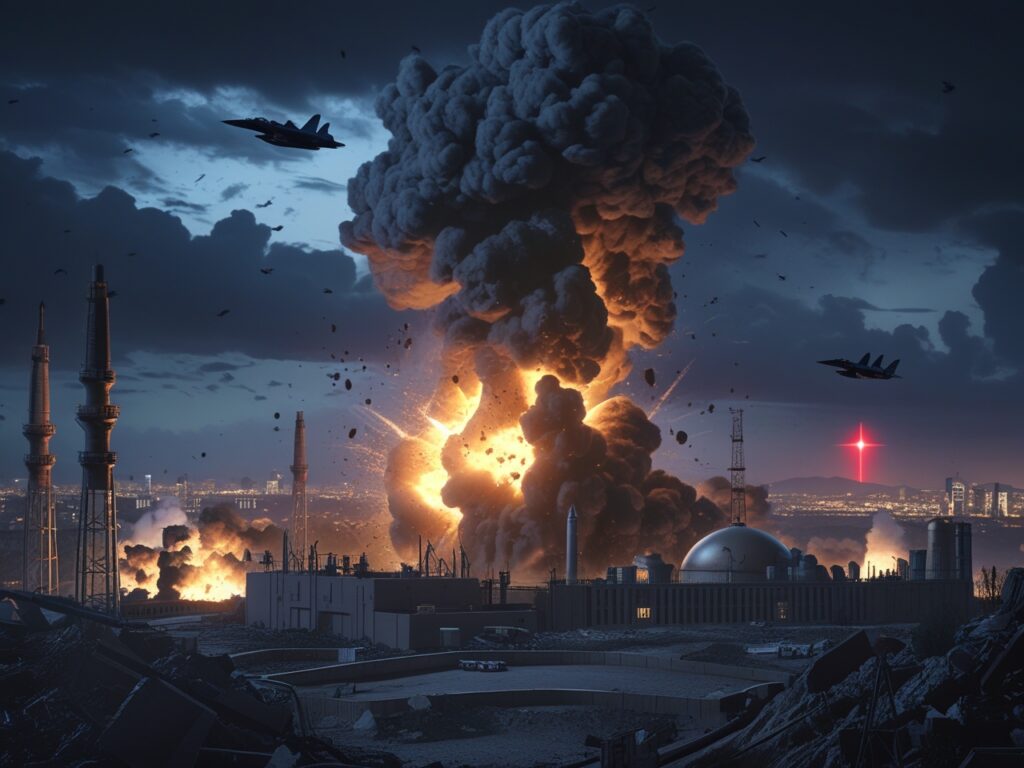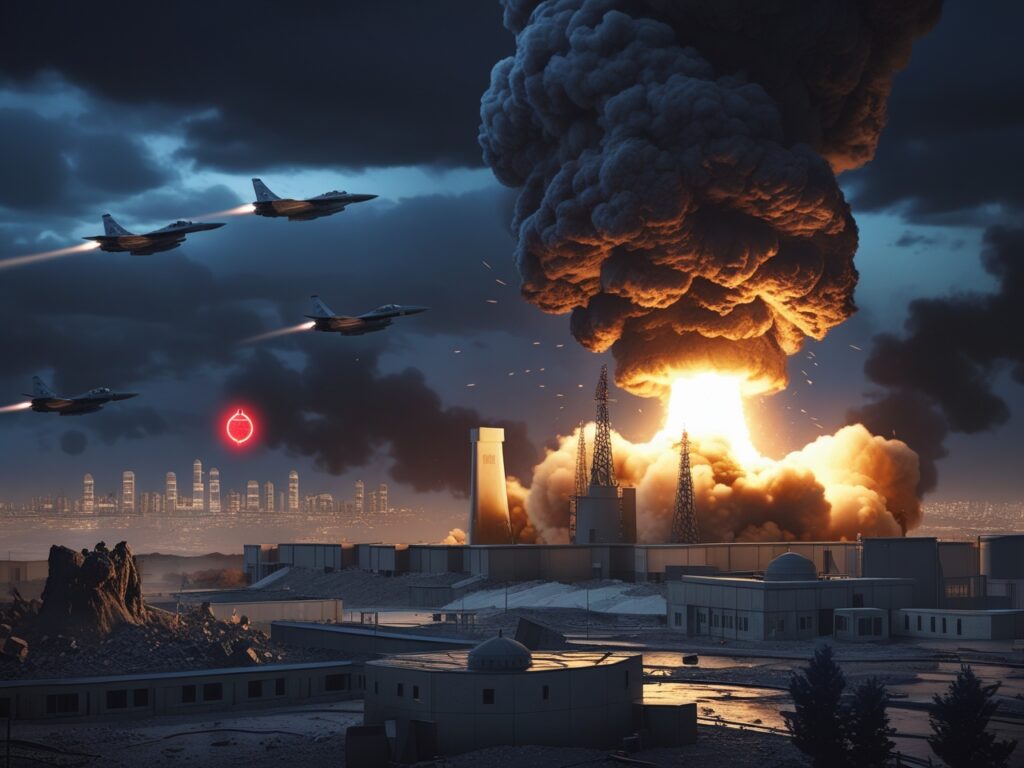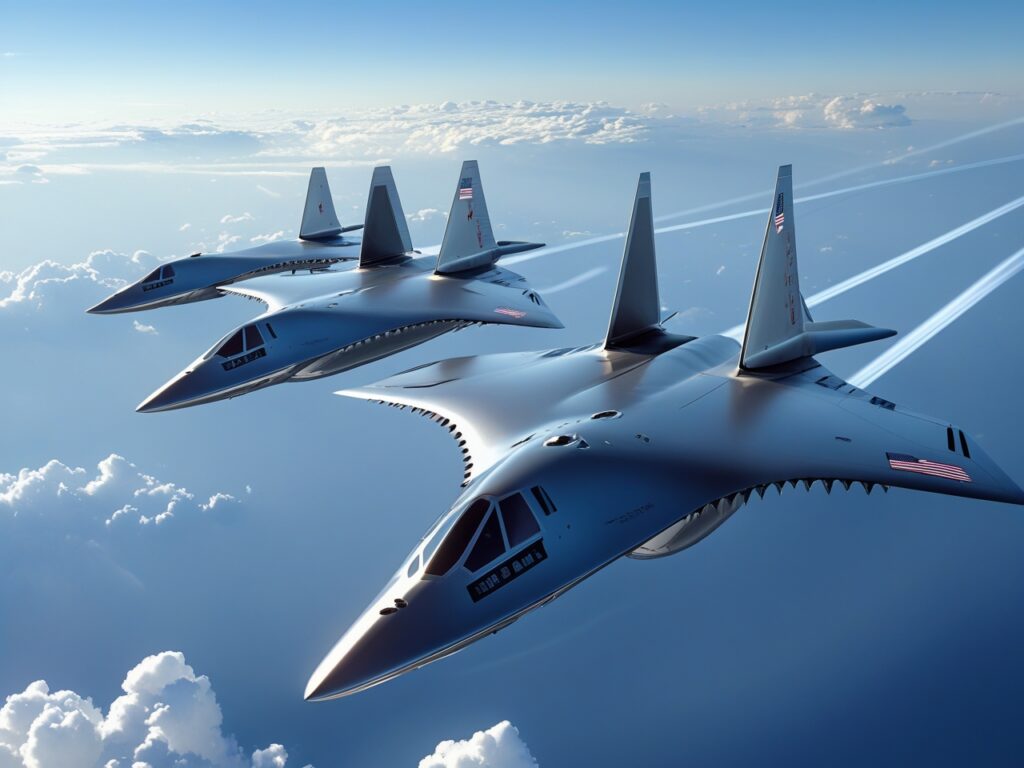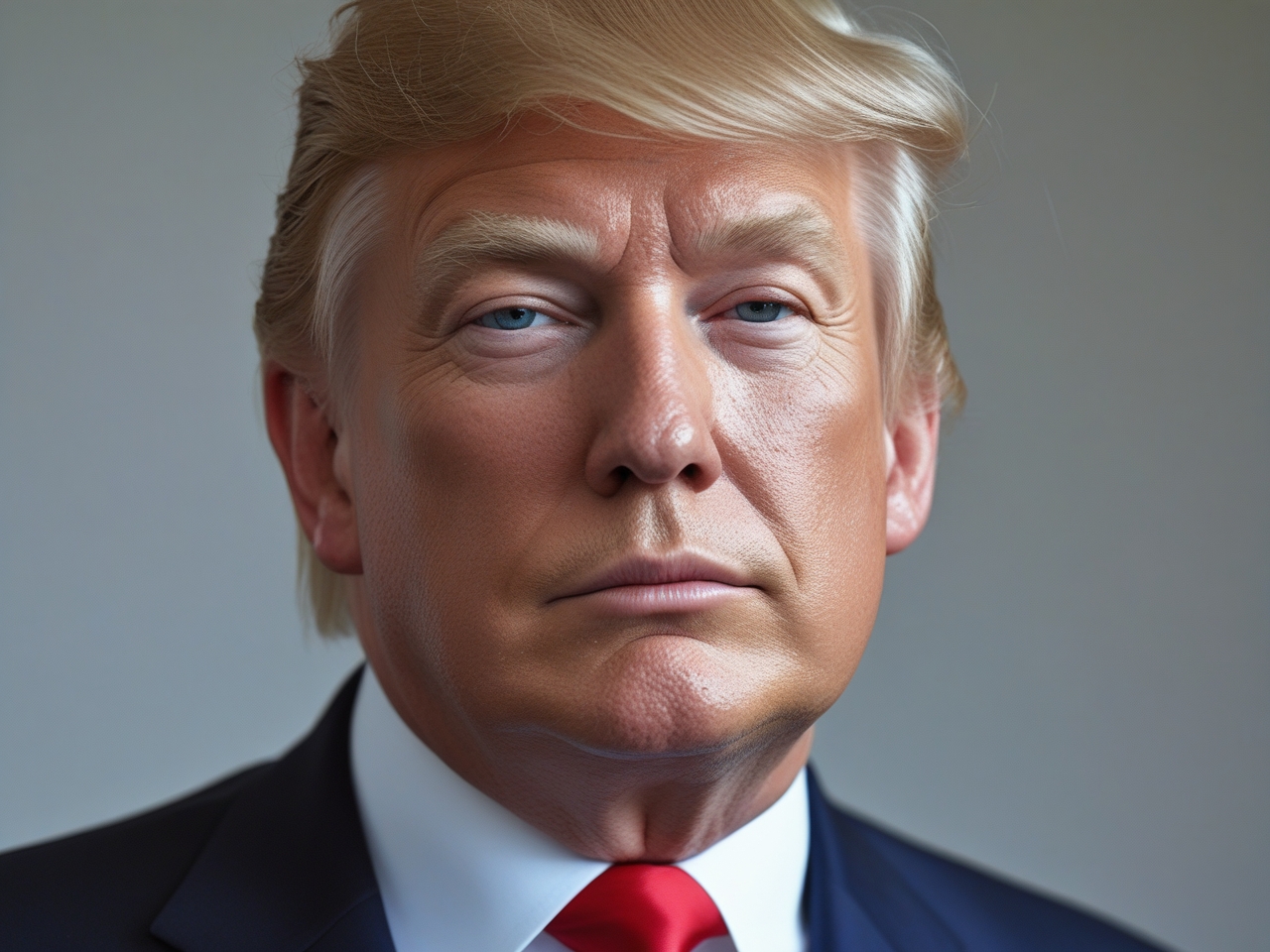By Shourov Ahmed, June 22, 2025.
Iran has officially sent notice to the US in significant tensions in the Middle East over military strikes on Iran nuclear sites infrastructure and presence. Iranian Foreign Minister Abbas Araghchi slammed the US strikes over the X platform, and added that strikes on Iranian sites alarms not only Iran, but also other countries – and the attacks on the sites “will have everlasting consequences”. Araghchi warned that Tehran, very clearly, “reserves all options”.
Meanwhile, US President Donald Trump claimed a “spectacular military success” and said that Fordow, Natanz, and Isfahan are key Iranian nuclear enrichment facilities and that they have been “completely and totally obliterated.” This article compiles recent news stories, foreign responses and implications of a vividly unprecedented conflict of histories dictated origins.

US Strikes on Iran Nuclear Sites: A Daring Action
In concert with Israel, US air forces launched precision strikes on three Iranian nuclear targets: Fordow, Natanz, and Isfahan. The Air Force conducted operations on the evening of June 21, 2025, targeting all three sites. President Trump indicates that B-2 stealth bombers and bunker-buster bombs were used to penetrate Iran’s little-discussed, heavily defended nuclear targets.
Speaking from the White House in an address to Congress and the nation, President Trump announced, “Iran’s nuclear enrichment capacity has been destroyed,” and insisted the strikes were obligatory in order to disrupt Iran’s alleged pursuit of nuclear weapons. He warned that military action would persist if Tehran strikes back, and asserted: “There will be peace or tragedy for Iran,” signaling the US’s renewed commitment to military action against Iran.
The US strikes against Iran needed to occur, but they are nevertheless a large leap in the conflict, escalating the long-term conflict between Israel and Iran. It is essential to note that this incident by the United States followed Israel’s days earlier strikes (from June 13,2025) against Iranian infrastructure around the globe. Trump, without explicitly saying the strikes were conducted without Congress paraphrased President Franklin Roosevelt and used similar language of “bold decision-making” as Israeli Prime Minister Benjamin Netanyahu praised. Netanyahu called it a “bold decision” in the current state of conflict with Iran to “change history.”
Iran’s Leadership Response: A Threat of Retaliation
Iran’s leadership has reacted with strong language, asserting that the US violated the UN Charter, international law, and the Nuclear Non-Proliferation Treaty (NPT). Foreign Minister Araghchi described them as “outrageous” and warned they could “lead to a dangerous war” in the region. Iran’s state-controlled IRNA news agency alleged there were attacks on Fordow, Natanz, and Isfahan, but downplayed the damage, especially to the reinforced Fordow site, which is deep inside a mountain. Mohammad Manan Raisi, Parliament member from Iran, claimed the damage was “not significant” and “repairable.”
However, Iran’s Supreme Leader Ayatollah Ali Khamenei, claimed to be in hiding, said US actions would become “irreparable damage.” Iran’s Atomic Energy Organization asserted that the attacks would not deter Iran’s nuclear activities that Iran says are for peaceful purposes. The IAEA reported no increase in off-site radiation, suggesting limited immediate environmental impact.

International Responses: A Divided World
The US strikes triggered a range of reactions from the world community. Israel, as would be expected, has embraced the operation with Netanyahu praising Trump’s “awesome and righteous might.” On the other hand, some states (including Qatar and Oman) condemned the strikes, warning of “catastrophic consequences” and calling for de-escalation. Qatar, which hosts the largest US military base in the Middle East, voiced concerns about regional stability, while Oman lamented the setback to its own mediation toward a nuclear agreement.
The United Nations called for caution on the part of the US, as several member states expressed alarm at the unilateral US actions. Other states echo Iran’s call for an IAEA investigation into the strikes, which they claimed were a breach of international customary law. Meanwhile, Saudi Arabia’s nuclear regulatory authority identified no radioactive traces in the region, which eased concerns that an immediate environmental disaster had occurred.
Here in the US, political reactions have been sharply divided. Leading Republicans, such as House Speaker Mike Johnson, welcomed Trump’s “decisive action”, and argued that a nuclear-armed Iran would never be allowed to exist. However, top House Democrat Hakeem Jeffries criticized the strikes as unconstitutional in the absence of congressional approval, warned about the strikes, and warned that entangling the US in yet another disastrous war had grave consequences.
The Risks: Nuclear Aspirations and Regional Stability
Iran has consistently declared that its nuclear program is for peaceful energy purposes – a claim supported by all levels of the US intelligence community that Tehran has not actively pursued a nuclear bomb. However, Trump and Israeli leaders argue that Iran’s capabilities are a near term threat and warrant the strikes. The US and Israel have utilized 30,000-pound bunker-buster bombs dropped from B-2 stealth bombers to emphasize their intent to destroy Iran’s nuclear capabilities.

The strikes coincide with a broader conflict – including Iranian ballistic missiles attacks against Israel injuring at least 16 people. Meanwhile, air raid sirens sounded in Tel Aviv as Iran launched missiles in retaliation. These events could lead to further escalation. Apprehension about a wider Middle East war have increased with US participation and analysts have pointed out the potential significant economic implications including increased oil prices.
Conclusion: A Region on Edge
In conclusion, the US strikes against Iran’s nuclear sites have placed the Middle East in a dangerous new phase of volatility. Iran has called the US strikes “an act of war” and warned of “forever consequences.” Trump has boasted of striking very important nuclear sites. Iran is vowing to retaliate, further escalating the confrontation. Meanwhile, global leaders are calling for restraint and diplomacy, and the world holds its breath as the US escalates a high-stakes confrontation. More updates to come on this developing narrative.

